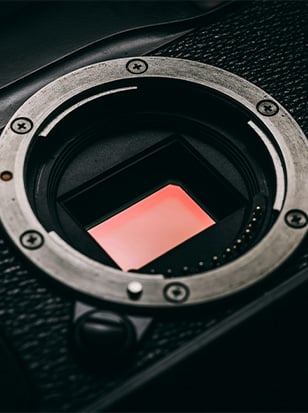Jeremy Flint reveals five top tips that are sure to improve your Travel Photography

Travel Photography is one of the most enjoyable genres of photography and for good reason. Travelling anywhere in the world whether local or afar can provide feelings of excitement, happiness and joy as you embark on your journey to a new or familiar destination. Travel photography can quench your thirst for adventure and fulfil a sense of wonder whilst providing freedom to explore the world and discover the unknown and unfamiliar places. Seeing a place, you have always dreamt of visiting with your own eyes and coming back with a memory card full of pictures you can be proud of is one of the highlights of any travel photography trip.
Are you planning a trip or vacation soon and want to improve your travel photography? Here are some useful travel photography tips for you to think about when capturing your time away:
Tip 1 Travel Light
When you travel, the weight of your camera gear can sometimes be a burden and may even undermine the enjoyment of the trip itself. I recommend travelling light and only packing the kit you'll need for your chosen location. With certain weight restrictions on airlines, pack your luggage with the clothes you will wear, then reduce your load by taking half of them out, you will still survive without them.
Tip 2 Consider which lens to take
Travel opens up a wide range of subjects for the avid photographer to capture, but picking which lenses to take with you will ultimately help your photography in the field. Consider weight versus versatility. Depending upon your destination and the type of shots you take you’ll probably require a versatile lens that gives you a range of focal lengths or a combination of them.
If you only have the room or budget to take one lens with you, opt for a wide range zoom such as an 18-200mm or 28-300mm.
If you would prefer a wider choice, take a combination of different length lenses with you such as a zoom (24-70mm) a prime lens (50mm) and a telephoto (70-200mm).
In my travel experience, the risk of getting things stolen and the strain of lifting heavy equipment when taking photos has taught me to take the ‘less is more’ approach.
Tip 3 Make Mistakes
One common mistake people tend to make is to arrive at a scene, pick up a camera and shoot away without considering what they are actually photographing.
You can dramatically improve your images by learning from your mistakes. Appraise why an image you took may not look as good as the view you saw when you took the image. See what works and what doesn’t work and think about how you could improve the image next time around. Mistakes to improve on could include poor camera technique and poor composition, for example.
Tip 4 Do Your Research
Read up on the place you are going to visit and find out about the location. Are there any particular sights that you would like to visit or excursions you would love to do when on vacation? Doing your research will help you to spend your valuable time visiting the places that interest you when you are away.
Tip 5 Get up early
Get up early at least once on your trip. The light can be magical during the early morning. You may see a wonderful sunrise or something happening that you wouldn’t necessarily see later in the day or if you were having a lie in.
Bonus Tip
One of the best pieces of advice I can give for capturing better images of landscapes on your travels is to scout out a location before you actually shoot it. I recommend visiting the place you want to photograph during the day and return there when the light is more favourable.
About the Author
Jeremy Flint is a multi-award winning travel photographer who has visited over 60 countries. His work has featured in a range of publications including National Geographic Traveller, Lonely Planet, and various national newspapers. To see more of Jeremy’s work, visit his website, Instagram and Facebook page.
Related Articles
Landscape photography on the Isle of Skye
The best photography locations on the Antrim Coast
10 scenes from a photographic tour of Chernobyl



